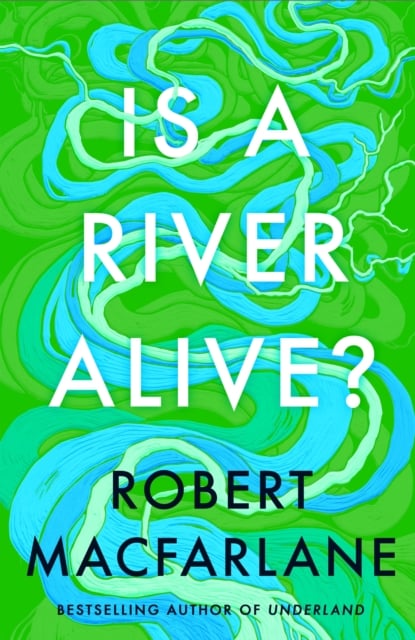
I remember the gasps from the audience at a 2023 Hebden Bridge Arts Festival music event, narrated by nature writer Mark Cocker, when the band’s talented local percussionist informed us that the River Calder, which flows through our town and lends its name to our valley, had recently been identified as the most polluted river in the UK. Either the percussionist was mistaken, or Yorkshire Water have significantly upped their game since then, for the Calder is now regarded to be only the second most polluted river in the UK, behind the River Severn—on whose verdant banks my personal hero, Charles Darwin, was born and first studied the wonders of nature. The sad truth, though, is that, according to the 2024 Rivers Trust State of Our Rivers survey:
- No single stretch of river in England or Northern Ireland is in good overall health.
- Just 15% of English, 31% of Northern Irish and 50% of Irish river stretches reach good ecological health standards.
- Toxic chemicals that remain in ecosystems for decades pollute every stretch of English rivers.
Rivers throughout much of the rest of the world are in equally dire straights—and some are far worse off—with corporate greed and large human populations largely to blame.
Robert Macfarlane’s latest book, Is a River Alive? raises a controversial idea: should rivers have legal rights? At face value, the notion seems ridiculous: how can a river have legal rights when it isn’t a person? But, as Macfarlane points out, companies have legal rights, and they aren’t people either. Perhaps, if we treated rivers as if they were living beings entitled to certain rights, the law would afford them better protection, leaving them in a more healthy state—an outcome advantageous not just to the rivers, but also actual living organisms, including humans.
As Macfarlane admits:
For those who, like me, have been largely raised on rationalism, to imagine that a river is alive in a way that exceeds the sum of the lives it contains is difficult, counter-intuitive work.
Couldn’t agree more! I have to confess, before I began reading this book, I thought the question posed by its title was preposterous animism—and I still do: no, a river is definitely not alive in a literal sense. But thinking of rivers as living entities could prove a useful metaphor, in the same way James Lovelock’s Gaia metaphor might be a useful way to think about the entire planet, provided you don’t—as Lovelock himself sometimes seemed to do—take it too literally.
Fortunately, Macfarlane doesn’t get bogged down in legal complexities, simply raising an interesting question and encouraging us to think about it. What he does do, however, is visit three countries (Ecuador, India and Canada) where rivers have been afforded certain legal rights, exploring how this has helped, and how it has been, and is still being, resisted by those with other vested interests. Macfarlane has an enviable knack for befriending fascinating people who accompany and guide him on his travels, making this book far more uplifting than I envisaged. This is place writing at its finest.
Don’t let the title put you off: Is a River Alive? is a wonderful read on an increasingly pressing yet shamefully overlooked topic.
(Now, while we’re at it, might we also, please, afford the night sky some rights?)
- Buy this book from Bookshop.org (UK) and help tax-paying, independent bookshops.
- Buy this book from Amazon.co.uk
- Buy this book from Amazon.com
Dear Richard,
I am browsing reviews of Is a river alive. Nobody dare pointing at the naked king. To take away real life own definition (emotional and rational) to offer a non living entity should be called "an ecological loss of chance". Real life is always at loss.